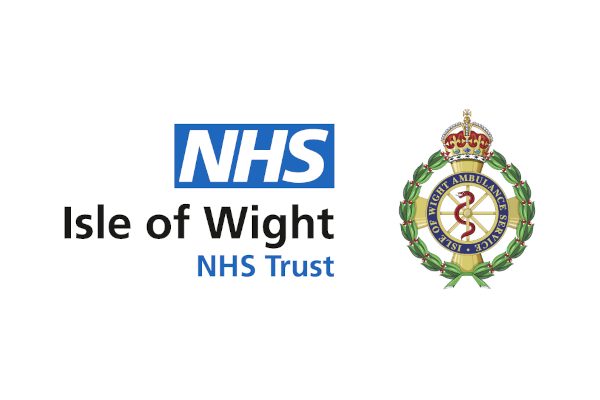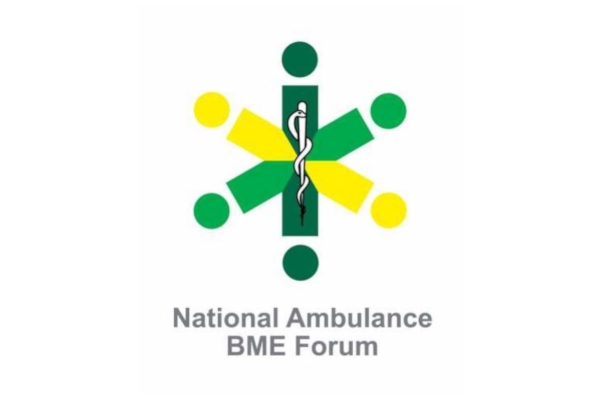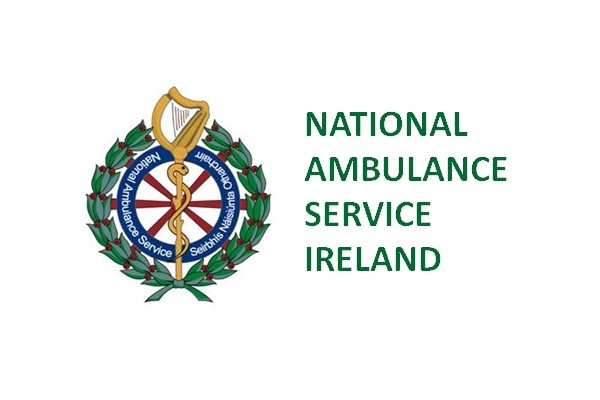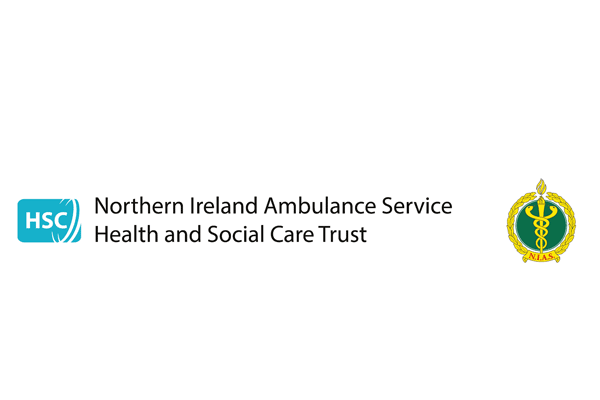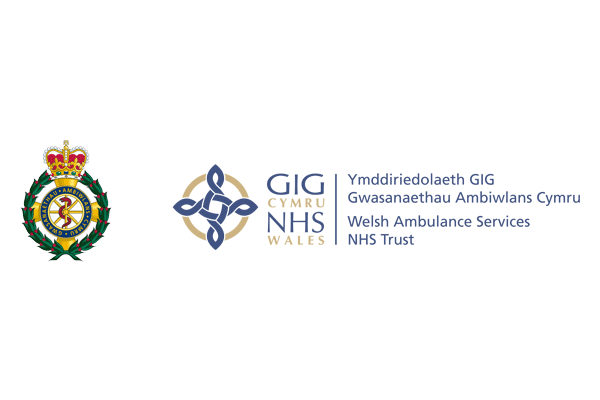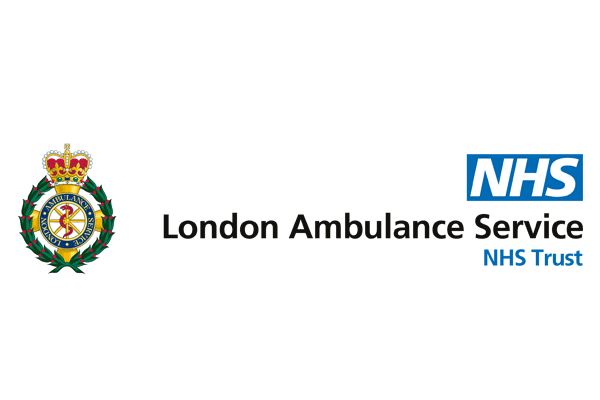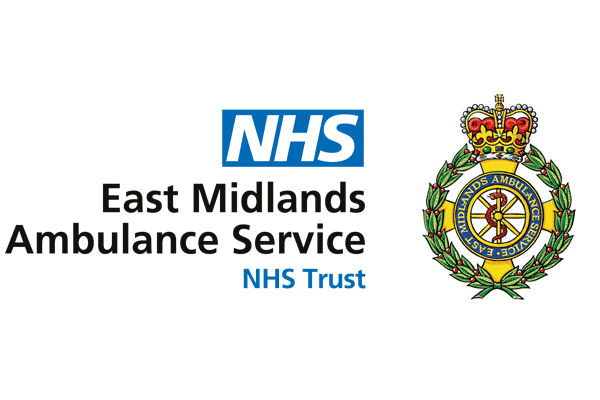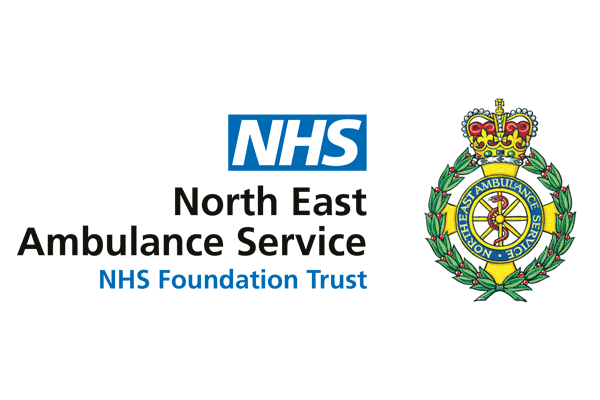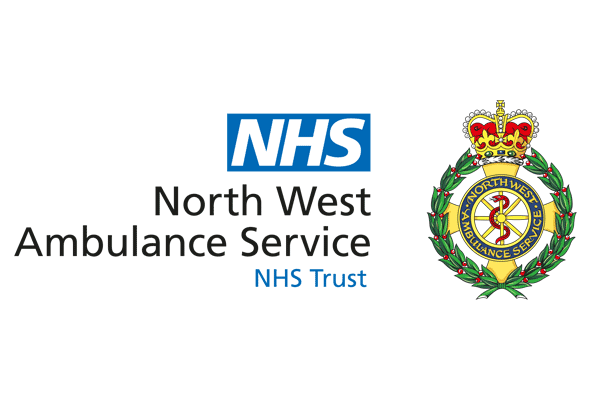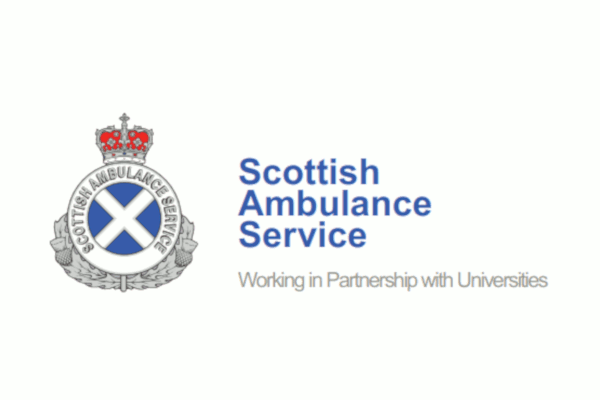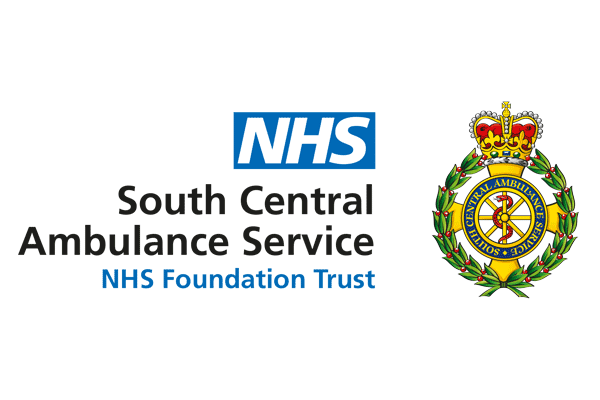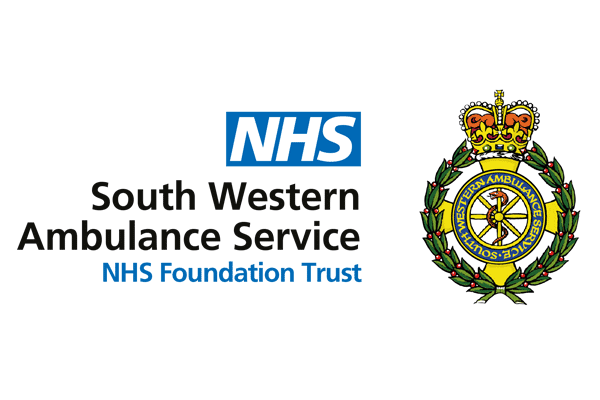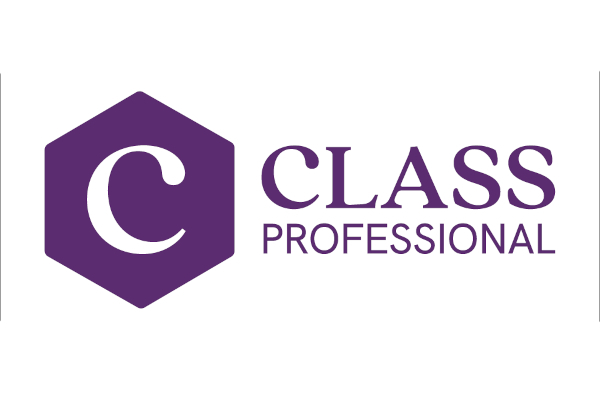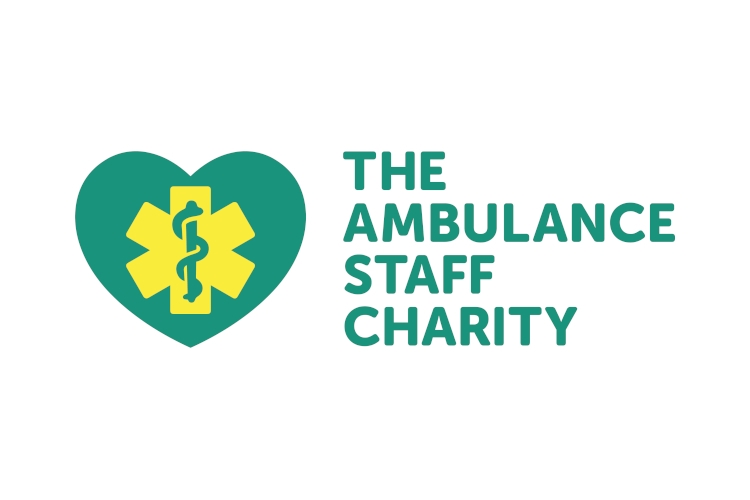 The specialist team of highly-trained paramedics deployed to major incidents and serious emergencies in the East Midlands is marking its 10th anniversary.
The specialist team of highly-trained paramedics deployed to major incidents and serious emergencies in the East Midlands is marking its 10th anniversary.
The EMAS Hazardous Area Response Team (HART) is a group of specially-recruited paramedics who provide an ambulance response to incidents involving chemical, biological, radiological or nuclear (CBRN) or other hazardous materials.
The team also attend incidents such as train crashes, large-scale motorway accidents, building collapses, caving incidents or significant fires.
 Hazardous Area Response Teams were set up in ambulance services across the UK following a government decision in 2007, and EMAS was one of the first in the country to go live with a fully functioning team in April 2009.
Hazardous Area Response Teams were set up in ambulance services across the UK following a government decision in 2007, and EMAS was one of the first in the country to go live with a fully functioning team in April 2009.
Over the last 10 years, EMAS HART have been deployed to more than 10,000 emergencies including large scale fires, prison disorder, the Hinckley Road explosion, Woodhall Spa mustard gas discovery, and the Leicester City helicopter crash.
They have also provided mutual aid to colleagues in other HART teams, most recently for the Manchester Arena bombings and the Salisbury chemical attacks.

Sid Murphy, HART and Special Operations Manager, said:
HART teams were first set up to meet the changing needs of the country, predominantly responding to major incidents. Their job is to triage and treat casualties, to save lives in very difficult circumstances, and look after other emergency personnel who may become injured whilst attending such incidents.
However, the training and the kit required for major incidents can be used for other emergency calls, so our HART team often provide clinical support for our colleagues in the fire and rescue service, the police force, the military, as well as helping EMAS colleagues at larger scale emergencies.
Like any new initiative, it took a while for people to understand what HART is all about, but we are now very much involved in the planning process for big events.
I look forward to seeing how HART will continue to change and develop in the coming decade to meet the needs of our patients.
Other changes that have taken place over the last decade include HART’s water response, which was very basic before the Cumbria floods, and now all HART paramedics are trained in Swift Water rescue to a high standard.
HART teams also have firearms training in response to marauding terrorist attacks in recent years. HART paramedics all receive a minimum of six weeks advanced training to give them the additional skills for the types of situations and patients they may be called to.
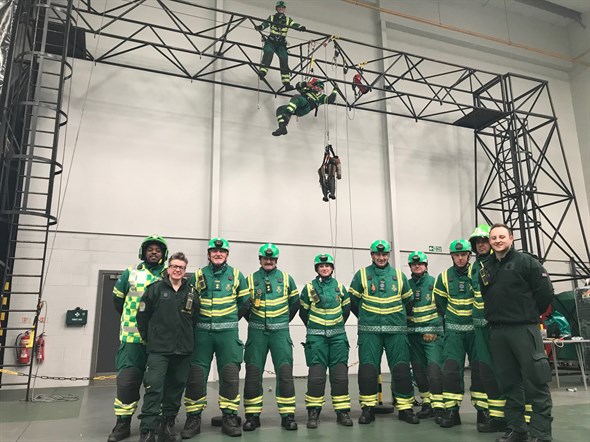 For example, under authorisation from a doctor, they can use certain surgical skills such as surgical airway incision / tracheotomy to secure an airway and making an incision to drain air or fluid where patients have a chest injury during a prolonged entrapment.
For example, under authorisation from a doctor, they can use certain surgical skills such as surgical airway incision / tracheotomy to secure an airway and making an incision to drain air or fluid where patients have a chest injury during a prolonged entrapment.
They are also PHTLS (pre-hospital trauma life support) trained so that they can provide enhanced care.
High profile incidents attended by EMAS HART include:
· Rock City pepper spray gas release in Nottingham, 2018
· Leicester City helicopter crash 2018
· Hinckley Road house explosion, 2018
· Woodhall Spa mustard gas discovery, 2018
· M1 minibus crash, 2018
· Birstall house explosion, 2017
· Coastal floods in Lincolnshire, 2017
· Carlsberg factory explosion in Northampton in 2016
· Stocken Prison riot in 2015
· Ranby Prison riot in 2014
· House explosion in Newark, 2013
· Floods in Boston, 2013
· Olympic Torch travelling across East Midlands, 2012

EMAS HART also provided mutual aid at:
· Salisbury chemical attacks, 2018
· Manchester Arena bombings, 2017
· Cumbria floods, 2017
· Commonwealth Games, 2014
· Floods in Somerset, 2013
· Olympic Games, 2012


